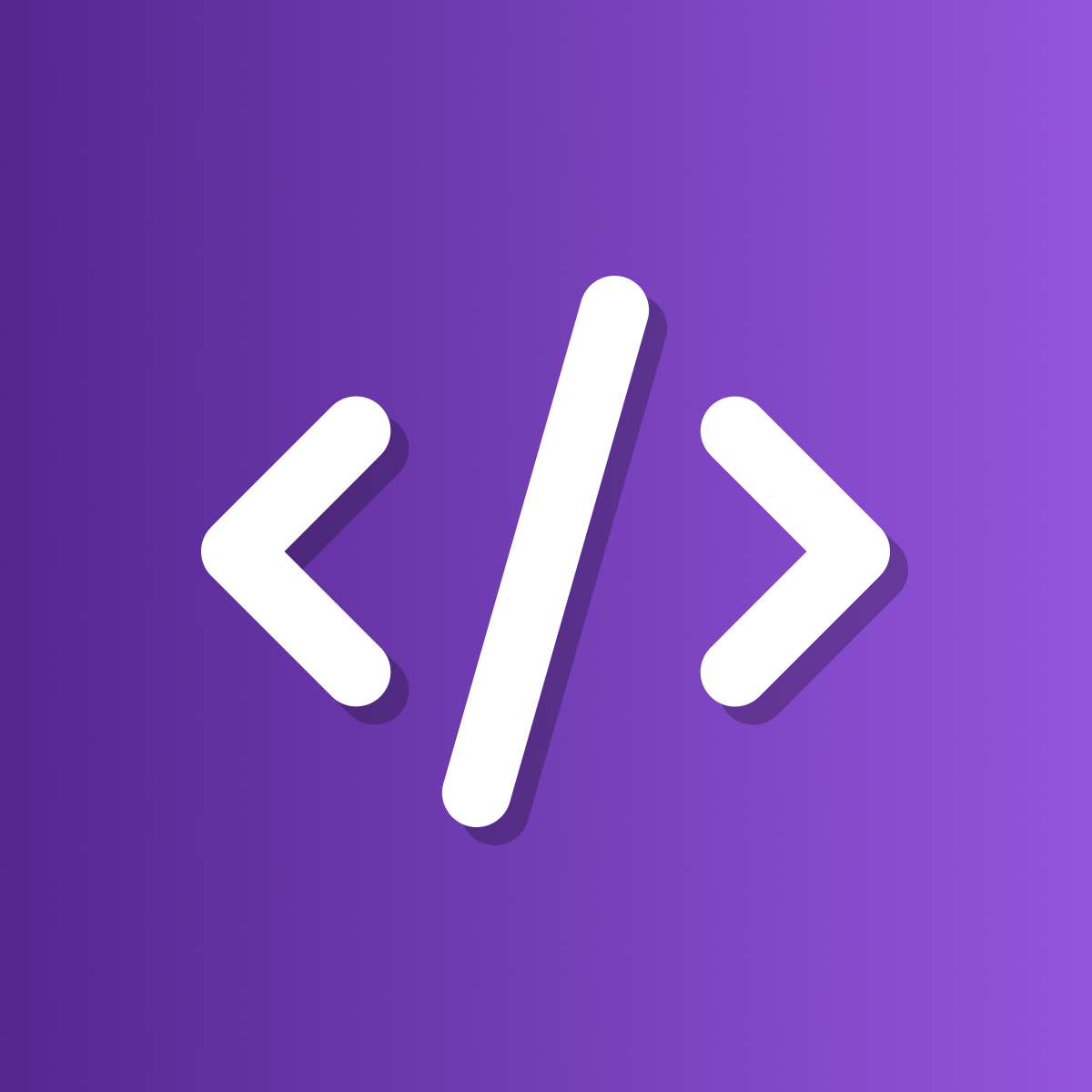From civic organizing to assembling freely, healthy democracy needs a grassroots foundation – one removed from the culture, norms and politics of the establishment or bureaucracy.
Civic hacking is the grassroots foundation of digital democracy and, without a healthy hacking ecosystem, civic technology is just government doing digital services in a highly structured, bureaucratic way – public sector business as usual.
Civic hackers and civic hacking
Civic hackers are among us, everywhere, whether or not they identify themselves as such.
They are the developers scraping data from a PDF and making it more accessible for public (or government) consumption. They are the community organizers offering services that government isn’t suitably providing. They are the bureaucrats working intentionally within to tweak the system, one policy and procurement at a time.
And civic hacking is thinking outside the lines of traditional civic thinking.
“Civic hacking … is when citizens see something in the public realm they think can work better and decide to take it upon themselves to push for change,” writes Catherine Bracy.
And Bracy from her ‘Why good hackers make good citizens’ TED Talk:
Hacking is really just any amateur innovation on an existing system, and it is a deeply democratic activity. It’s about critical thinking. It’s about questioning existing ways of doing things. It’s the idea that if you see a problem, you work to fix it, and not just complain about it. And in many ways, hacking is what built America. Betsy Ross was a hacker. The Underground Railroad was a brilliant hack. And from the Wright brothers to Steve Jobs, hacking has always been at the foundation of American democracy.
Importance of civic hacking
Whether organized, such as the Cult of the Dead Cow or the initial version of the Code for America Brigades, to the millions of lone civic technologists – like Cliff Stoll – civic hackers and civic hacking are just as essential as those who are officially employed by a formal civic institution – government, academia, non-profit – and even public sector vendors.
Civic hacking is integral to civil society because it:
- Cultivates open public innovation
- Shines new light on the work of democracy
- Scales civic impact beyond just government
- Condition citizens for constructive, community collaboration
- Creates a global culture that civil society is an iterative process
Civic hacking has been the innovation lab for new government technology entrepreneurial ventures to new digital government agencies and services. You’d be hard pressed to find a truly authentic and impactful civic technology leader who doesn’t have their roots in civic hacking.
Unfettered by the general machinations of the bureaucracy, civic hacking gives us democratic creativity and a much needed societal collaborative flow – extremely important if we expect to continuously test the traditional bounds of civil society.
Civic hacking digital government
Civic technologists, combined with the tools and culture of the open source movement, offer government an incredible opportunity to collaboratively ‘load test’ digital government services.
Whether it’s educating public officials on emerging technologies or leading by example in scrubbing and presenting public data, or doing quality assurance and bug testing on public facing services to help uncover usability or security vulnerabilities, civic hacking scales government’s ability to meet the needs of the public in a continuously changing technology environment.
In the context of digital government services, government officials would benefit from embracing civic hackers and harnessing their talent while appreciating and accepting the cultural differences between hacking and the bureaucracy. Not every bureaucrat needs to be a technology expert to do this. You just need to show up where they are, even provide space for them.
This looks like working operationally as an open civic organization, employing git government – easily-decipherable READMEs, public repositories – and adopting a cycle of virtuous civics.
By proactively working in tandem with civic hackers, the formalized public sector can experiment with things they themselves cannot individually, organizationally or even politically do within traditional operational norms. It will also help those who officially serve to grow personally and professionally and feel the sense of social community beyond the walls of city hall or ornate, granite buildings.
We’re all civic hackers. We just need to foster a culture that continuously thinks – and hacks – outside the lines of traditional democracy.

